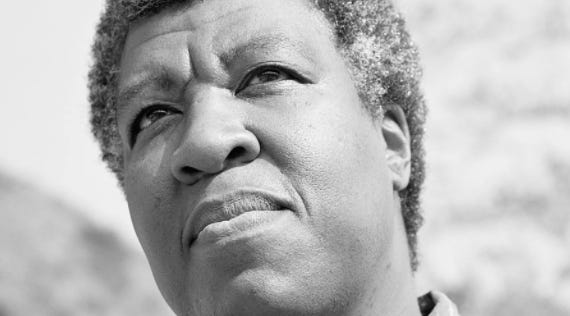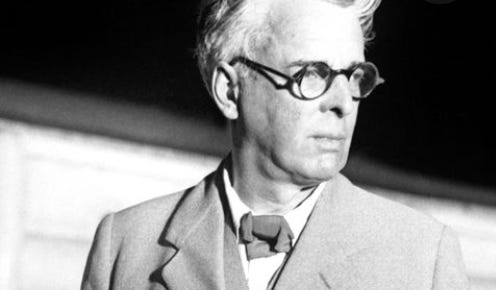THE SIGNAL from David Katznelson
“In order to rise/From its own ashes/A phoenix/First/Must/Burn.”― Octavia Butler
On this day in 1910 writer Jack London got arrested for battery. While his wife was in the hospital after just losing a child, London got into a fight with Tim Muldowny outside The Tavern bar in San Francisco (on 362 7th Street…no, it is not there anymore) where London left with a black eye and a court appearance. Supposedly London started the fight after getting kicked out of the bar…and got the rap. He posted bail and got the hearing delayed until after July 4th so he could catch the pro-fight between Jack Johnson and James Jeffries which was caught on film here. The fight was considered the “Fight of the Century” with Johnson being the first black man to win the heavyweight championship of the world beating “The Great White Hope”, Jim Jeffries.
London did not evade getting slapped by the law for his fisticuffs…and he did not go down quietly, appealing his case to judge George Samuels a year later.
In 1910 London also published his novel Burning Daylight, another of his Alaska based yarns , which was a nationwide bestseller and became the best-selling book London had during his lifetime (better selling than Call of the Wild and The Sea Wolf). It’s a solid read, just not one of his classics (in my opinion).
This is the kind of stuff that dreams are made of: a music release that tells an unknown story, filled to the brim with music that has been only heard until now by a select group of problematic record collectors…sewn together by an enthusiast who sees the history unfold in his mind. I got the press release for this sucker this morning and cannot wait to hear the beauty. Washington DC—let down your hair! Let’s hear your music of the 40s-60s. Stuff DID happened after Ellington left for the apple….
How Octavia E. Butler Reimagines Sex and Survival
When science fiction works, Julian Lucas writes, it ends up seeming like prophecy. MacArthur Genius, science fiction writer Octavia Butler really did write the future. And this day, which would have been her Birthday (she died way too young at 58) is as good a time as any to dig into her brain a little and face our reality.
“Susan O’Keeffe of the Yeats Society Sligo charts the influence of the great poet on Irish life and highlights the Society’s struggle to survive the pandemic.”
Introducing the World’s First Game Show Archive
I forgot how much game shows were in the life of a 70s kid looking for something to watch on the boob-tube when stuck at home sick or during summertime when there was a lull in the action. That fantastic doc that came out in 2017, Game Changers, went a long way on romanticizing the movement for me and this new archive might just unlock memories that I never thought I would take into consideration. Regardless…this rabbit hole of an offering looks amazing.
The Stolen Child
By: William Butler Yeats
WHERE dips the rocky highland
Of Sleuth Wood in the lake,
There lies a leafy island
Where flapping herons wake
The drowsy water-rats;
There we've hid our faery vats,
Full of berries
And of reddest stolen cherries.
Come away, O human child!
To the waters and the wild
With a faery, hand in hand,
For the world's more full of weeping than you
can understand.
Where the wave of moonlight glosses
The dim grey sands with light,
Far off by furthest Rosses
We foot it all the night,
Weaving olden dances,
Mingling hands and mingling glances
Till the moon has taken flight;
To and fro we leap
And chase the frothy bubbles,
While the world is full of troubles
And is anxious in its sleep.
Come away, O human child!
To the waters and the wild
With a faery, hand in hand,
For the world's more full of weeping than you
can understand.
Where the wandering water gushes
From the hills above Glen-Car,.
In pools among the rushes
That scarce could bathe a star,
We seek for slumbering trout
And whispering in their ears
Give them unquiet dreams;
Leaning softly out
From ferns that drop their tears
Over the young streams.
Come away, O human child!
To the waters and the wild
With a faery, hand in hand,
For the world's more full of weeping than you
can understand.
Away with us he's going,
The solemn-eyed:
He'll hear no more the lowing
Of the calves on the warm hillside
Or the kettle on the hob
Sing peace into his breast,
Or see the brown mice bob
Round and round the oatmeal-chest.
For he comes, the human child,
To the waters and the wild
With a faery, hand in hand,
from a world more full of weeping than he
can understand.





